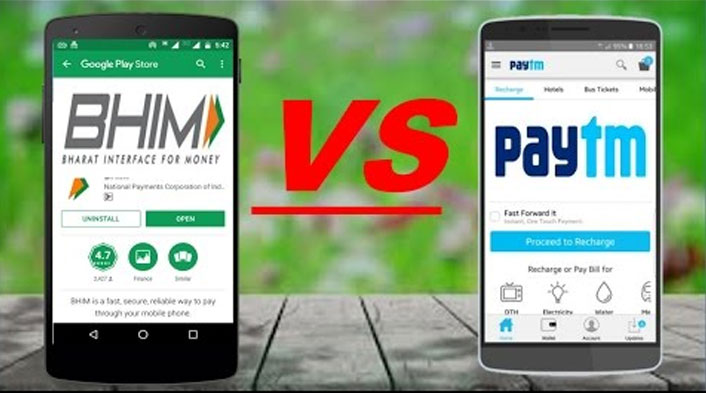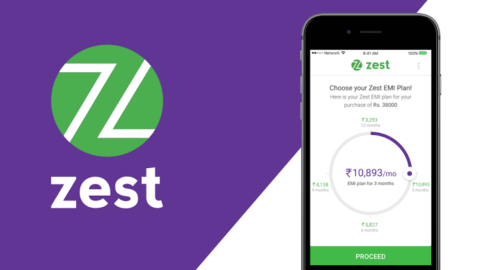Amid the intensifying face-off between popular microblogging site Twitter and the Narendra Modi administration, with the popular social media platform refusing to balk at the government’s threats (at first) and block a host of accounts related to the farmers’ protests, the Centre has formulated a set of draft rules to regulate all forms of social media, news-related websites, and OTT platforms. Reports say that the guidelines comprise of a self-regulatory framework that contains a stringent particular code of ethics and regular compliance reports.
A chief compliance officer will be appointed to keep a constant track, work on a 24×7 basis, and address complaints from law enforcement agencies. They will also be required to submit regular reports on compliance. A grievance redressal portal and an oversight mechanism will also be set up. The government is reported to develop this oversight mechanism, which will “coordinate adherence to the Code of Ethics by publishers and self-regulating bodies.”
In case of emergencies, a Secretary-rank officer will have the power and authority to take appropriate measures and place them before the committee within 48 hours.
No explicit mention of punishment has been given in the draft, although it states that sites will be given 36 hours to remove any content flagged by a court or a designated body.
If the draft is given the green light, then the “Safe Harbour” shelter sought by social media giants containing controversial content will be reduced by a large extent, if not totally removed.
The emerging significance and the extent to which the masses are influenced by social media platforms and other forms of digital media have created the need for a legal framework that fosters “freedom with accountability” while being light enough to ensure effective compliance with applicable laws.
The draft came 24 hours after Union technology minister Ravi Shankar Prasad warned social media sites about abiding by the laws of the nation. He mentioned popular platforms Twitter, Facebook, WhatsApp, and LinkedIn by name, saying “You will have to follow the Constitution of India; you will have to abide by the laws of India. You have millions of followers in India, you are free to do business and make money, but you will have to follow the Indian constitution.” He was adamant that social media platforms could not be given free rein and differential treatment.
Twitter has been in a tussle with the government lately over its refusal to comply with orders to block a number of accounts. The Centre was reported to have mulled over the arrest of Twitter employees in India to get the message across, warning of strict action for failure to crack down on inflammatory content, saying they have to fully comply with the country’s law. Earlier, the Ministry of Electronics and Information Technology (Meity) had rebuked Twitter for failing to comply with its orders.
“A deep sense of disappointment at seeing Twitter side not with ‘freedom of expression’ but rather with those who seek to abuse such freedom and provoke disturbance to public order, was conveyed to the Twitter representative,” the ministry said in a late-night release.
Twitter, in return, argued that its action to not comply with the orders was because the orders were not consistent under Indian law.
“Because we do not believe that the actions we have been directed to take are consistent with Indian law, and, in keeping with our principles of defending protected speech and freedom of expression, we have not taken any action on accounts that consist of news media entities, journalists, activists, and politicians. To do so, we believe, would violate their fundamental right to free expression under Indian law,” Twitter revealed in a blog post.
However, recently, it finally complied with the orders, taking down almost 97% of the accounts that were flagged by the Indian government.
The government, last year, had told the Supreme Court about the necessity of regulation of digital media because they are “totally out of control” and “remain unregulated.”







